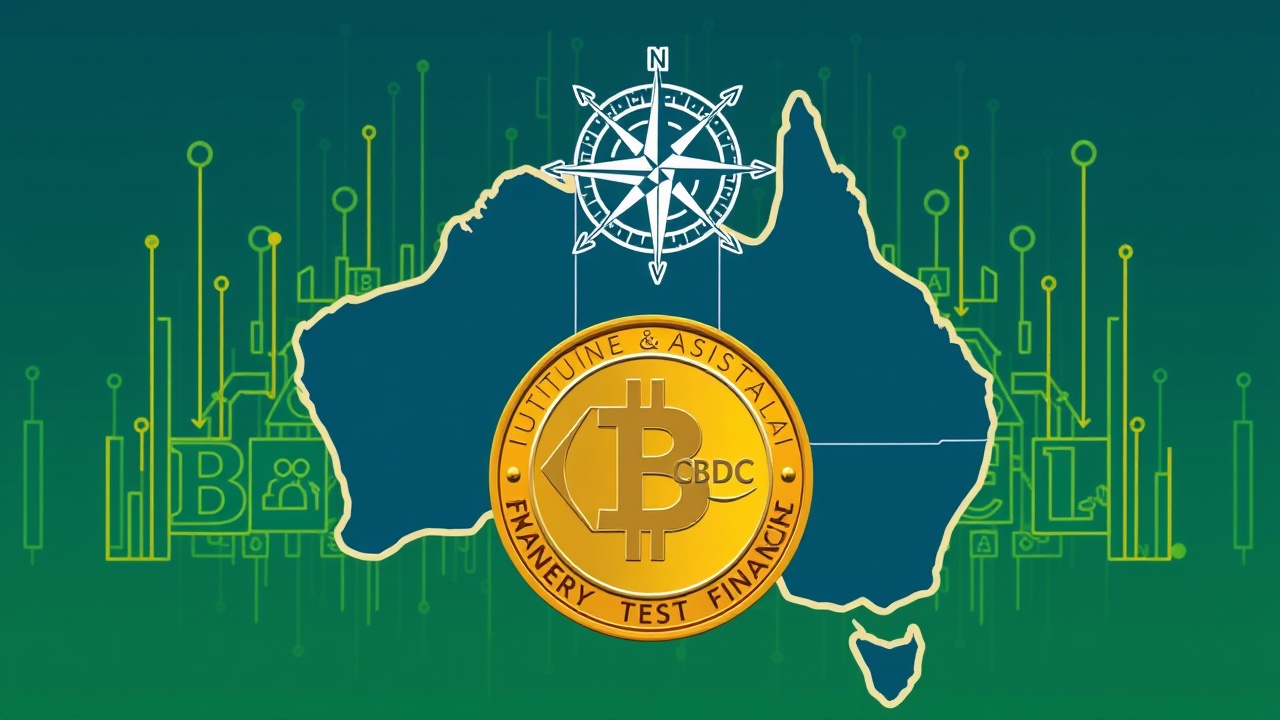Reserve Bank of Australia Advances Digital Currency Investigation
On Thursday, the Reserve Bank of Australia (RBA) announced it is advancing to an important phase in its investigation of digital currencies by initiating a trial focused on the potential role of digital money and tokenization in wholesale financial markets. This trial, which marks the second phase of Project Acacia—a collaborative endeavor with the Digital Finance Cooperative Research Centre inaugurated in November of the previous year—involves the use of stablecoins, bank deposit tokens, and a pilot wholesale central bank digital currency (CBDC).
Trial Participants and Use Cases
A variety of participants, including local fintech startups and major banking institutions, have been chosen to trial 24 specific use cases. Out of these, 19 will involve transactions with real money while five will operate as proof-of-concept with simulated funds. The initiative will explore a broad spectrum of asset categories, including fixed-income securities, private market assets, trade receivables, and carbon credits. It aims to examine innovative methods for utilizing bank accounts held at the RBA. This phase of testing is projected to span six months, with results set to be published in the early part of 2026.
Stakeholders and Specific Applications
Among the stakeholders in this pilot program are three of Australia’s four largest banks: Commonwealth Bank (CBA), Australia and New Zealand Banking Group (ANZ), and Westpac Banking Corporation. The CBA has partnered with JPMorgan to assess how digital currencies and collateral records can enhance efficiency and liquidity while minimizing risks within the repurchase agreement (repo) market, which plays a pivotal role in managing liquidity and executing monetary policy. CBA’s managing director of blockchain and digital assets, Sophie Gilder, noted that the repo market is an ideal ‘starting point for this exploration.’ In repo transactions, one party temporarily sells securities to another with the promise of repurchase at a specified future date for a higher price.
ANZ, on the other hand, will spearhead a testing application involving tokenized trade payables aimed at relieving the working capital and cash flow challenges faced by suppliers. This bank will also examine a tokenized fixed-income use case that looks at utilizing a wholesale CBDC to enable risk-free credit and liquidity settlements.
Regulatory Developments
In a significant development, the Australian Securities and Investments Commission (ASIC) has granted trial participants exemptions from certain regulations, allowing the exploration of assets that are not yet defined under current laws. ASIC Commissioner Kate O’Rourke stated that the commission recognizes the beneficial uses of the technologies underpinning digital assets in wholesale markets and that the regulatory leniencies will facilitate sensible testing to uncover opportunities and address potential risks.
The current crypto regulatory landscape in Australia is evolving under the administration of the state’s center-left Labor Party, which proposed a new framework back in March to regulate exchanges according to existing financial service laws. Additionally, the government has committed to collaborating with the four largest banks in the country to gain insights into the implications of de-banking. In August 2022, a series of industry consultations were launched to formulate a comprehensive regulatory framework for cryptocurrencies.




